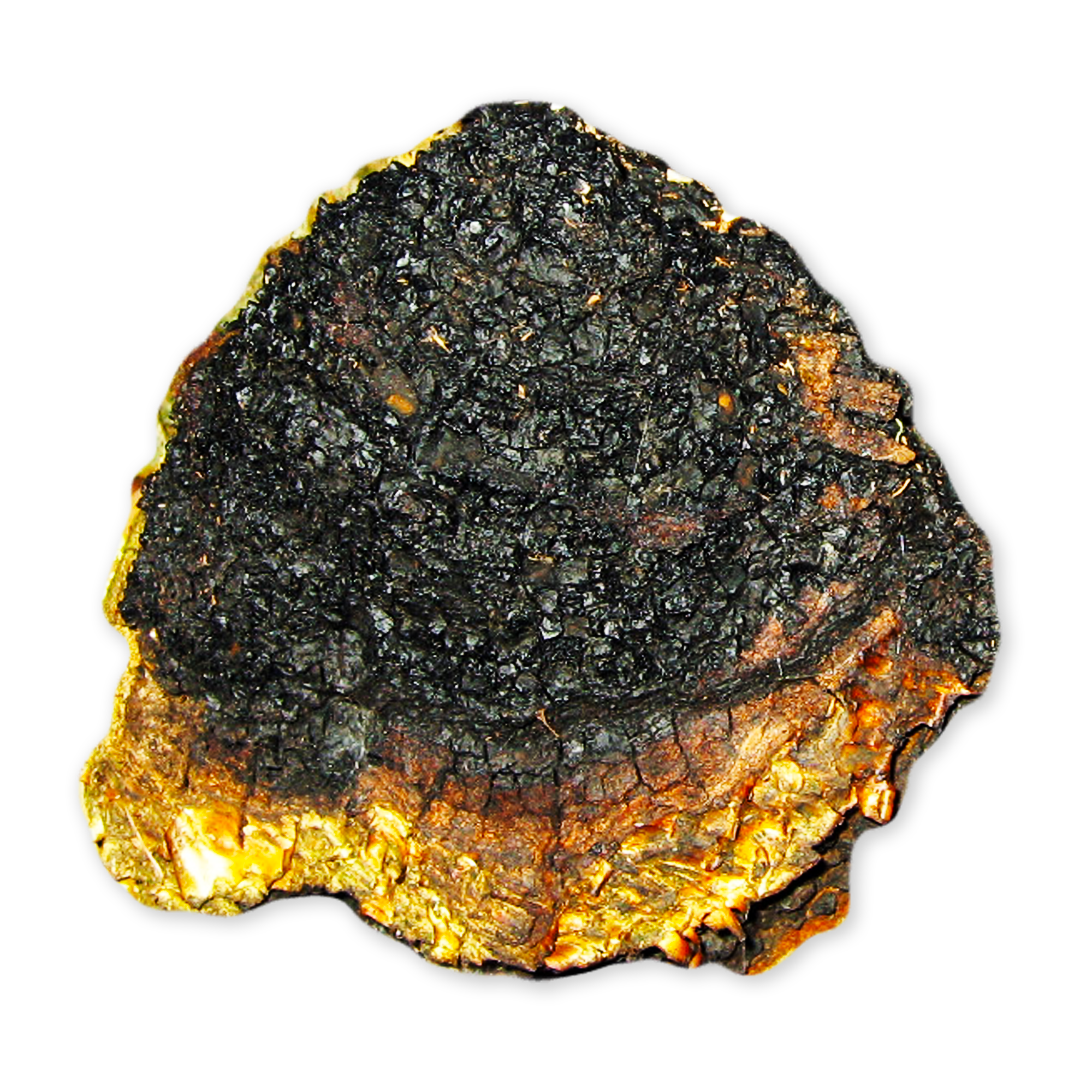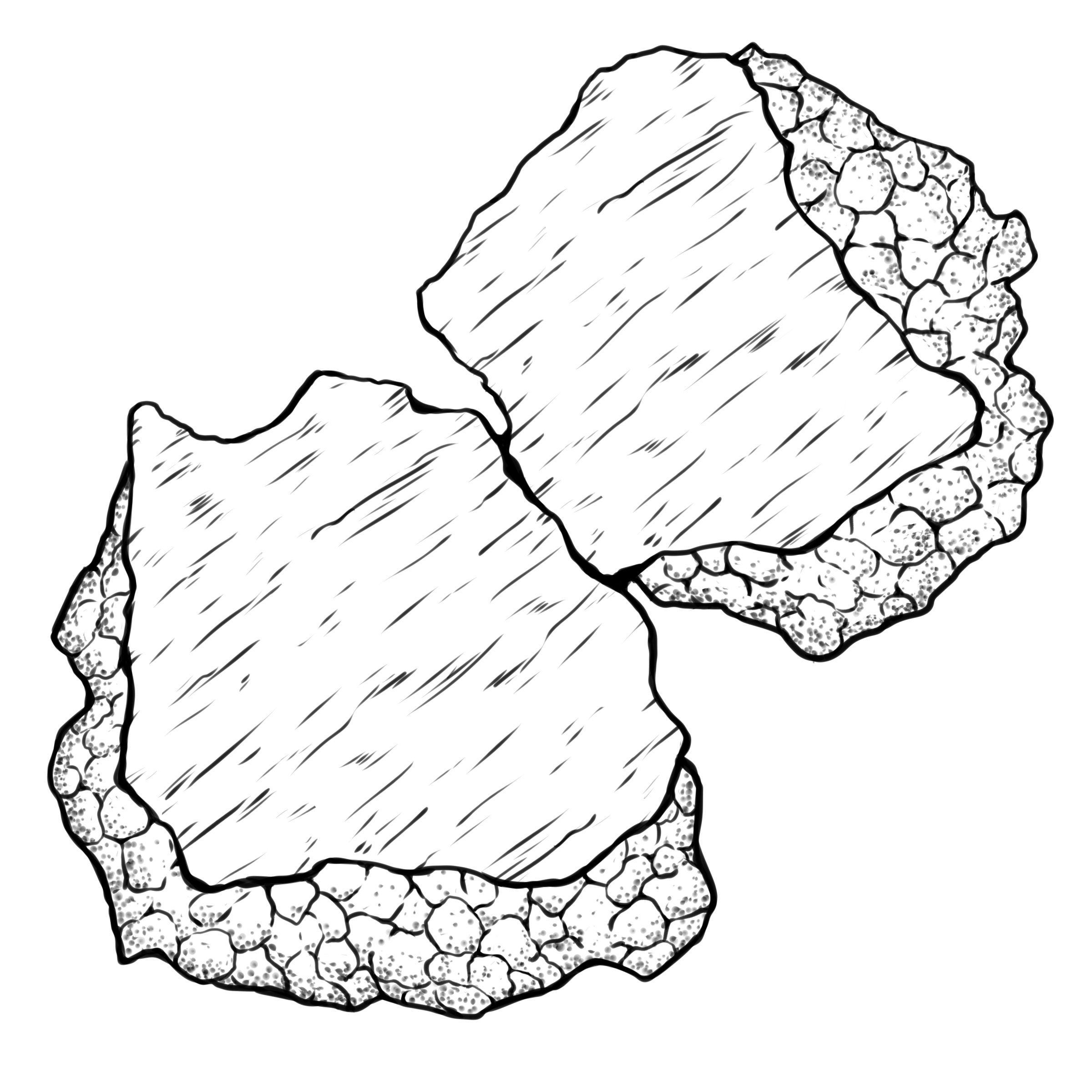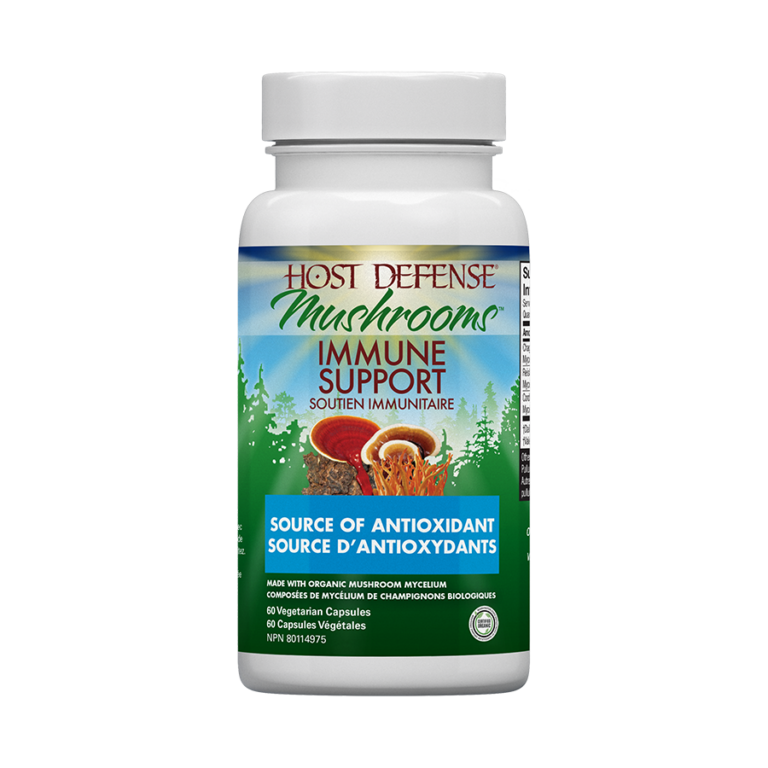Chaga Folklore
The word ‘Chaga‘ is derived from the old Russian word for mushroom, from the language of the indigenous people living near the Ural Mountains. In the 12th century, Tsar Vladimir Monomakh, also known as the Grand Prince of Kievan Rus, was widely known as a Chaga enthusiast. Apparently, this ancient Russian leader used these mushrooms to cure his lip cancer.



